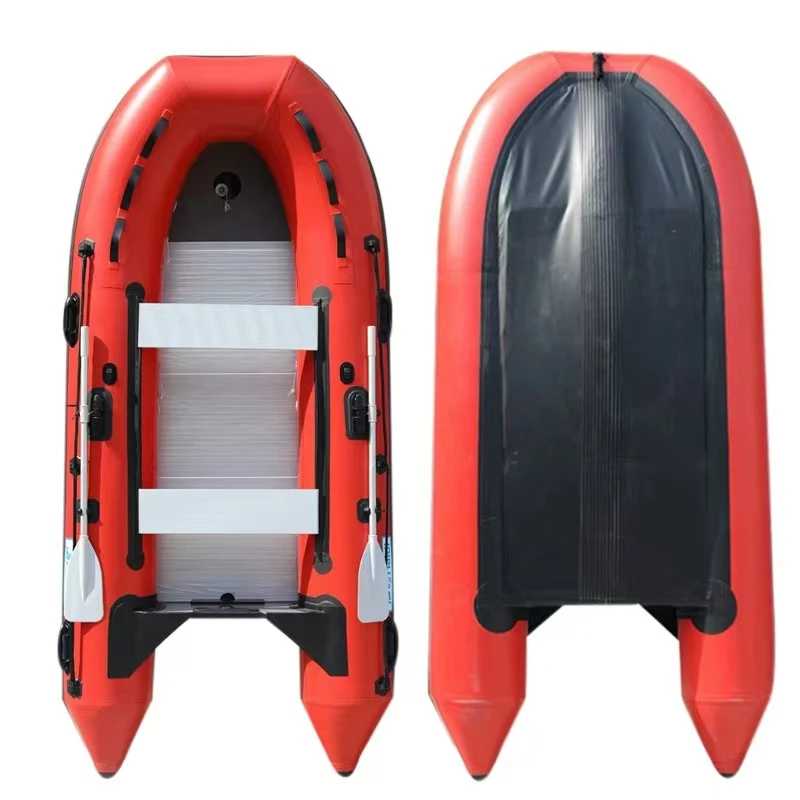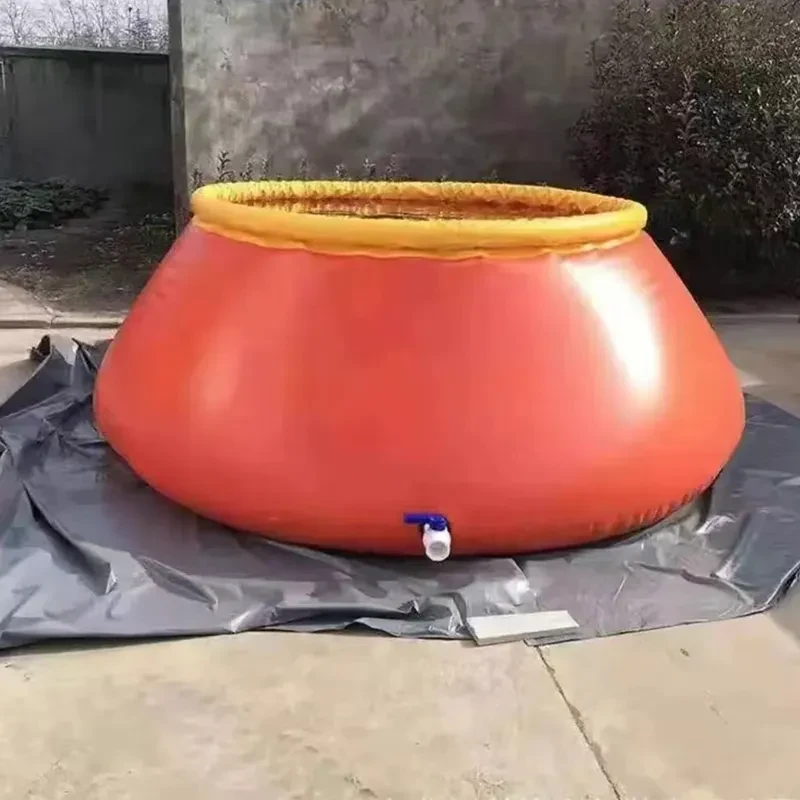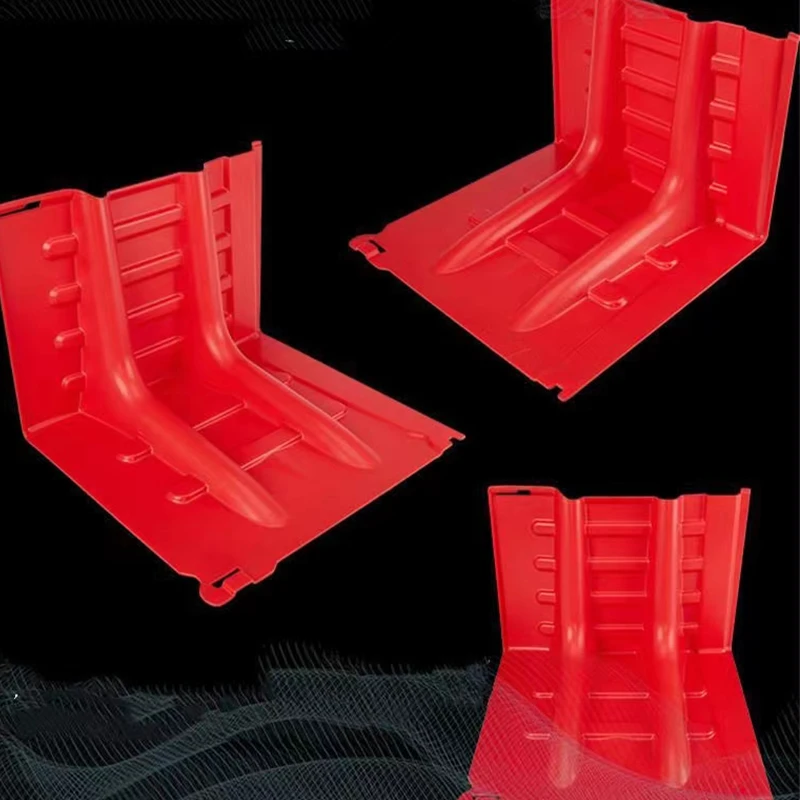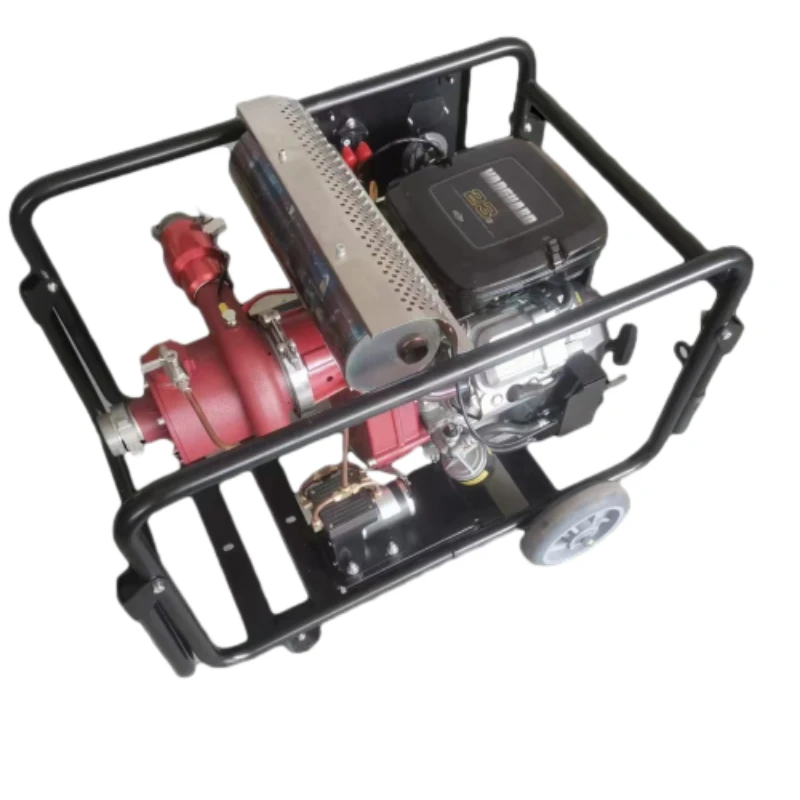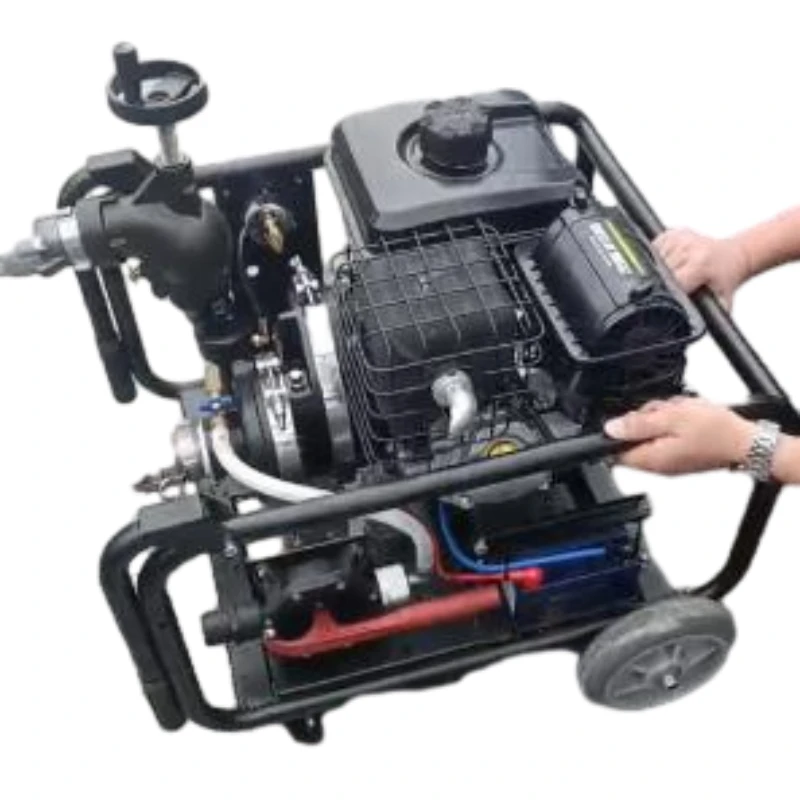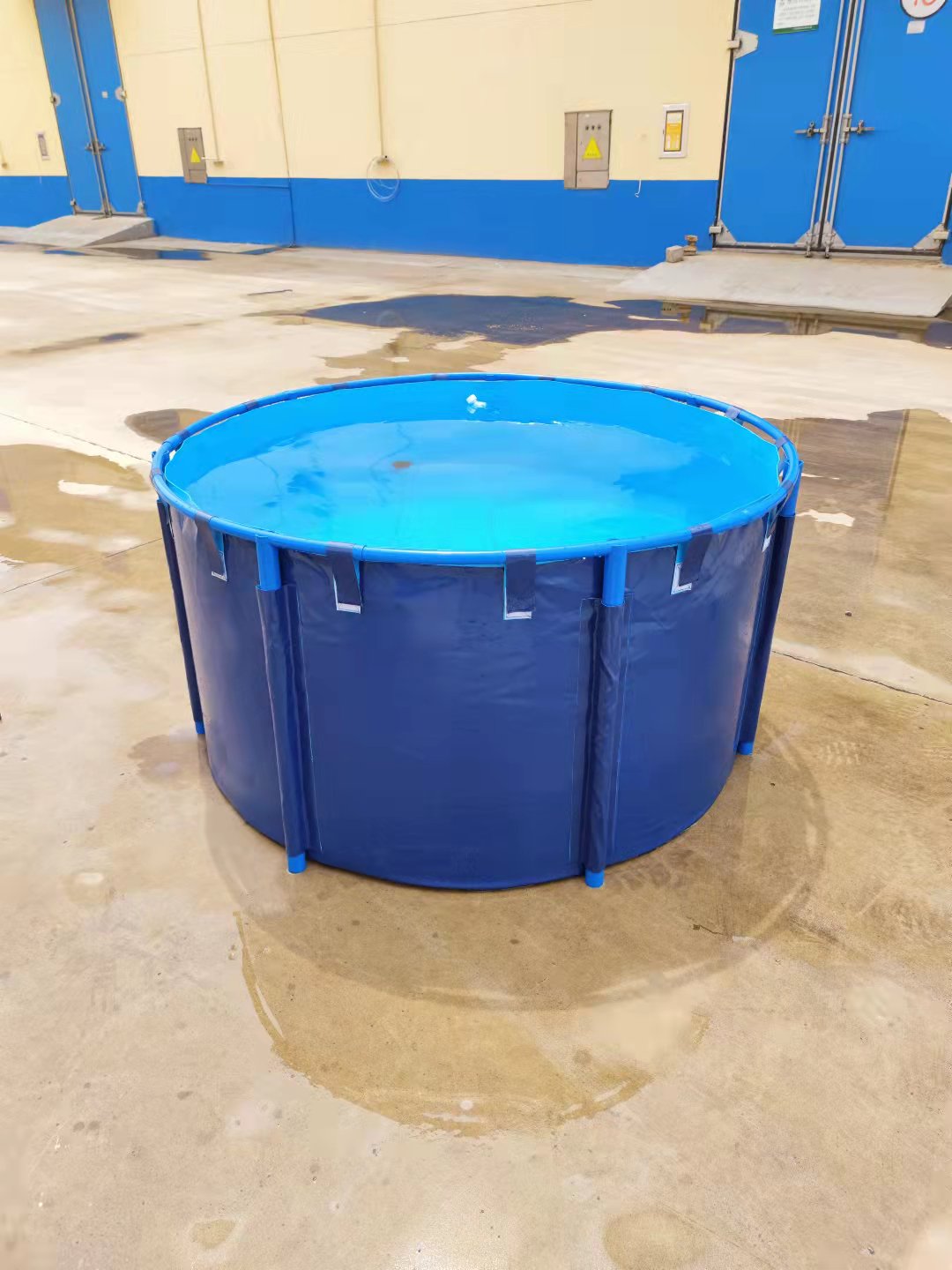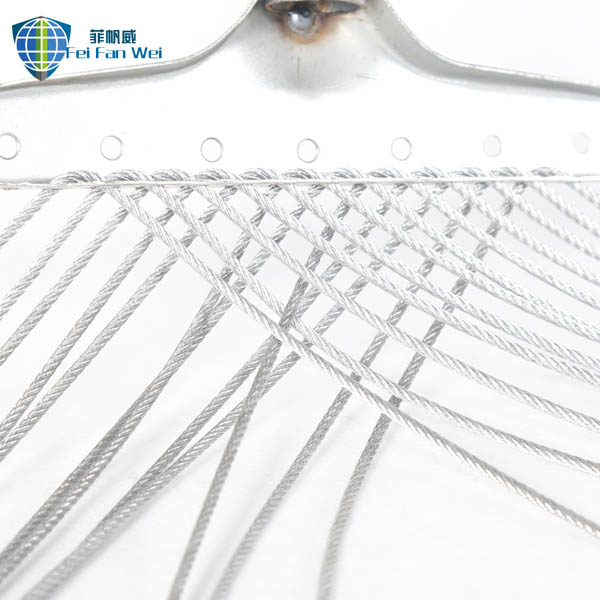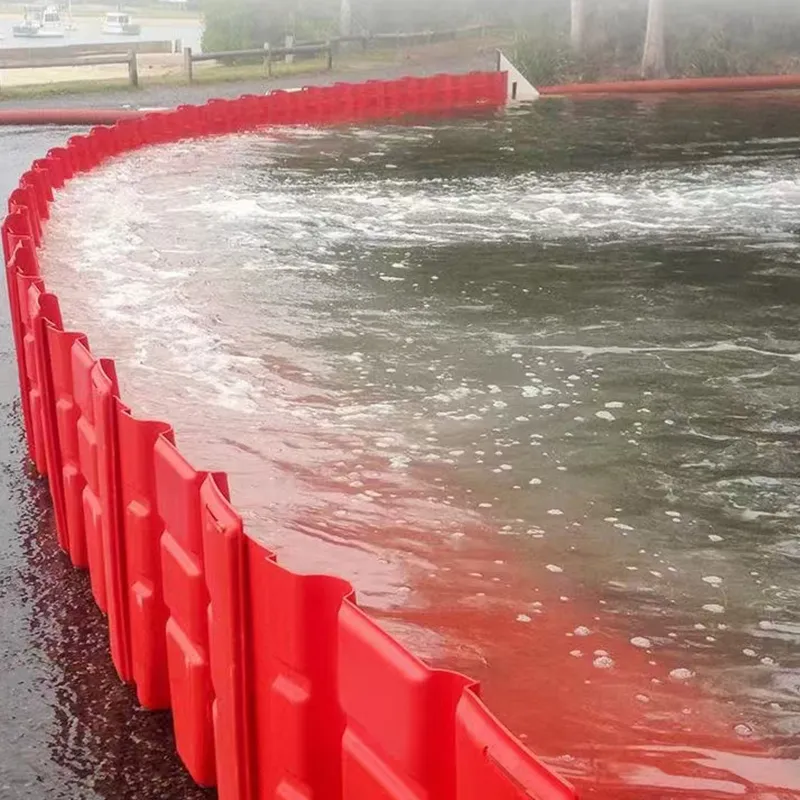

Authoritativeness in offering fire safety solutions stems from a dedication to continuous learning and adaptation to advancements in fire pump technologies. Fire safety consultants who recommend fire pumps equipped with real-time monitoring systems are resolving modern safety challenges. These systems provide real-time data on pump performance, pressure levels, and operational status, which can alert maintenance teams to potential faults before they escalate into significant issues. Reliability is the bedrock of trustworthiness when discussing fire protection equipment. Regular maintenance and inspection of fire pumps are non-negotiable elements in delivering this assurance. Facilities that engage in stringent testing and maintenance schedules as per standards, and those who perform weekly churn tests along with annual flow tests, find that their systems remain operationally ready, significantly minimizing the risk of failure. Coupling this with records and documentation of each maintenance activity builds a rich historical dataset, an invaluable asset for improving future system designs and installations. The impact becomes apparent when factoring the integration of alternative energy solutions with fire pumps. Implementing innovative solutions like solar-powered backup systems ensures operations during power outages, providing an added layer of reliability. This integration reflects a commitment to not only fire safety but also sustainable practices, aligning with an organization's broader environmental goals. In conclusion, the fire pump is a critical component in an integrated approach to fire suppression. A thorough understanding of its mechanics, advanced technology, and adherence to standards brings about a robust fire safety protocol. The constant evolution in this field requires professionals who are not only knowledgeable but are committed to practicing integrity and excellence, ensuring both the safety and confidence of clients and occupants alike.









